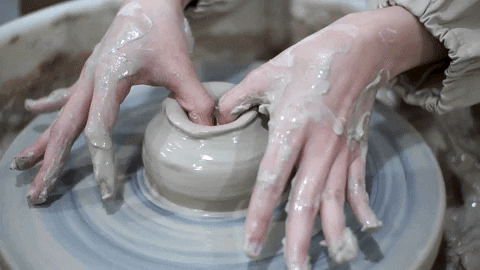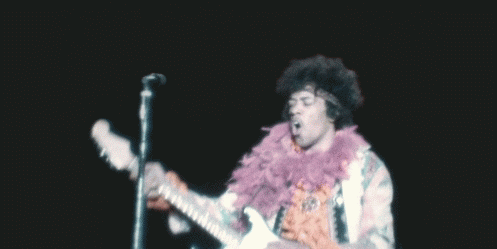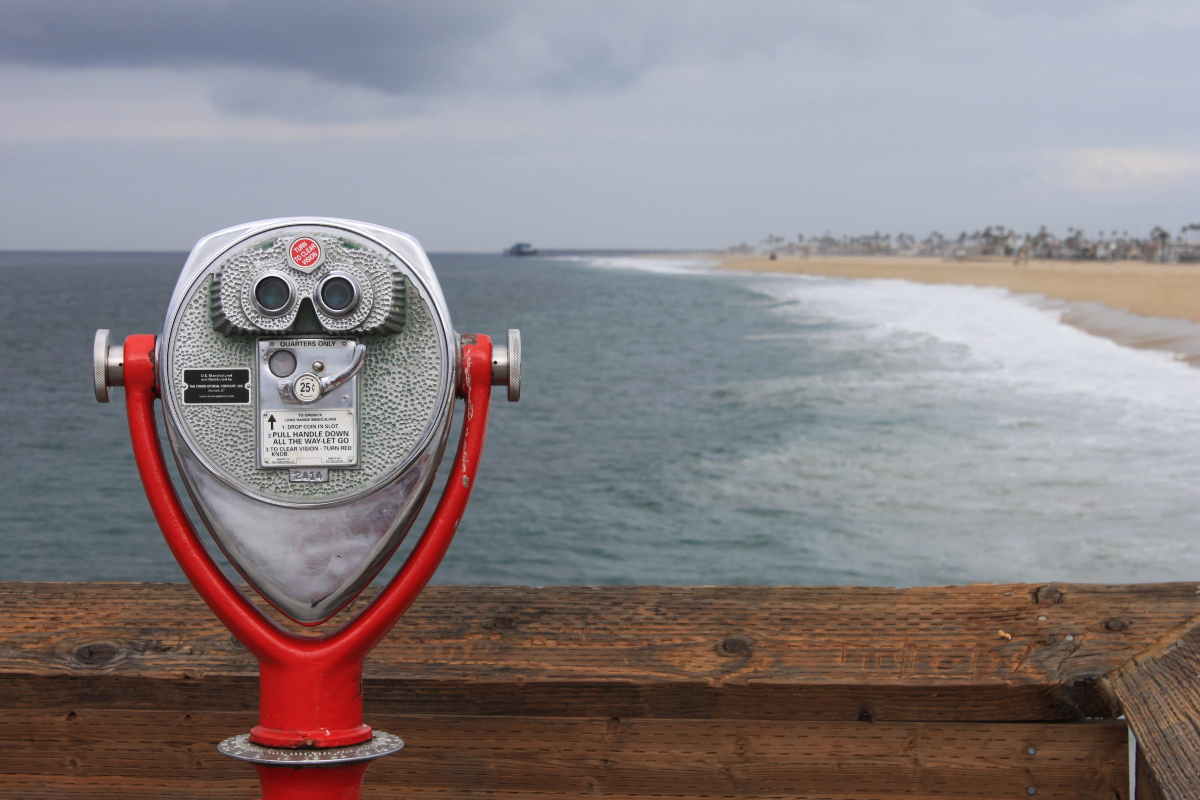Everyone says that university is the time to ‘find yourself.’ Two years into my degree; however, I ‘found myself’ asking why I felt like I had an even looser grasp on who I was, what I liked, and what I wanted to do than I’d started with. I liked my program, sure, but I knew that I didn’t want to continue with it after graduation. It’s equally important to know what you like doing as what you don’t like doing, but the problem was I had no idea what I actually liked doing.
I dabbled in the gym, Dal Dance, drawing and writing for fun, but nothing really seemed right. There was nothing that I could see myself wanting to do for the rest of my life. Either that, or my brain would intervene, telling me that my hobbies were just that, and that there was little to no chance that I’d be able to turn those hobbies into anything more. So, I was stuck, barren of anything that set my soul on fire, so to speak.

This is where I tell you all about how I discovered my passion by joining an on-campus society or taking a pottery class or however else people discover their callings. While that’s not bad advice, it’s not what happened to me. To be completely honest, I’m not sure if I’ve actually found my real passion just yet. But that hasn’t kept me from trying.
The key to finding what you’re passionate about, I’ve found, is to try everything. Try everything and do it before that nagging voice in your head tries to convince you that you’re not worth the exploration. You might find out that you have a natural talent for some of the things you’ve tried—you probably won’t, but that’s still not a reason for you not to try.
Along the path guiding my journey to finding my passion, I’ve left in my wake countless unfinished novels, ugly paintings, embarrassing dance recitals, preachy inspiring articles (like the one you’re reading!) and even a few pairs of worn-out running shoes. And while I’m prouder of some of these souvenirs than I am of others, the real thing I’ve come away with is the courage to explore.
Most of us would rather be comfortable and bored than risk embarrassing ourselves doing something we’ve always wanted to try. But, having done both, I can honestly tell you that the second option is way more fun.
I think having fun is vital to discovering what it is that you truly love. If you go about your exploration with a cloud of ‘what if’ looming over your head, it’ll do nothing but weigh you down. How can you know what you really enjoy, if you won’t let yourself enjoy it? So, relax. If you try and fail, what’s the worst that could really happen? Sometimes we turn these situations into life-and-death in our minds to justify never really doing them. Whether or not you fail (whatever that means) isn’t a real indicator that what you’re doing isn’t your passion, anyway.

Surely the moment Jimi Hendrix picked up a guitar he wasn’t instantly an aficionado. He probably tried to learn and felt as though he had failed on numerous occasions. Maybe he even felt like giving up a couple of times. This is what I mean when I say that failure isn’t an indication that you haven’t found your passion. You’ve found your passion when you’ve found that thing that makes you keep going despite your failures. That thing that you just can’t pack up and shove to the back of your closet just because you’re not good at it. That’s your passion.
And some passions don’t necessarily start as hobbies. Use your electives to take the classes that seem outrageous and interesting and completely impractical. Change your program. Change your major. If you’ve really found your passion, you may have to take risks to pursue it, but it’ll be worth it.
And, maybe, if you’re like me you still haven’t found your passion, and that’s OK, too. Experimenting and exploring in the pursuit of happiness or fulfillment or whatever it is we’re looking for is what keeps life exciting. And, who knows? You might just stumble upon the thing that sets your soul on fire along the way.

